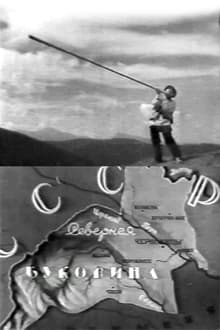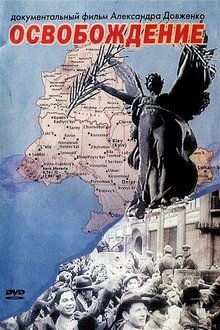Tells the story of five people from the last generation of Soviet children who were brought up behind the Iron Curtain. Just coming of age when the USSR collapsed, they witnessed the world of their childhood crumble and change beyond recognition. Through the lives of these former schoolmates, this intimate film reveals how they have adjusted to their post-Soviet reality in today's Moscow.
Related Movies

Victory in Soviet Ukraine (1945)
A wartime documentary directed by Alexander Dovzhenko and Yuliya Solntseva, depicting the final campaigns that drove Nazi forces from Ukraine in 1944–45. Combining frontline footage, liberated cityscapes, and scenes of returning civilians, the film chronicles both the devastation of occupation and the triumph of Soviet arms. It stands as both a historical record of the Ukrainian front and a patriotic celebration of victory at the close of the Second World War.
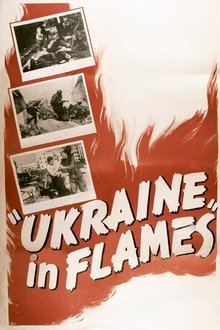
Ukraine in Flames (1943)
A 1943 Soviet war propaganda film by Ukrainian director Oleksandr Dovzhenko and Yuliya Solntseva. It is Dovzhenko's second World War II documentary, and dealt with the Battle of Kharkiv. The film incorporates German footage of the invasion of Ukraine, which was later captured by the Soviets.

Michael Ballhaus - Eine Reise durch mein Leben (2008)
One of Germany's stars of cinematography, embarks on the journey through his life. The film begins in the US and Hollywood - where Ballhaus established his international fame.
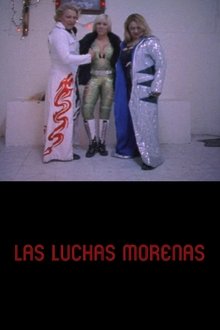
Bim Bam Boom, Las Luchas Morenas (2014)
Bim Bam Boom Las Luchas Morenas, is about three Mexican sisters, professional wrestlers, whose lives, lived according to their own ideas, are a struggle but also a lot fun.

Thelonious Monk: Straight, No Chaser (1988)
A documentary film about the life of pianist and jazz great Thelonious Monk. Features live performances by Monk and his band, and interviews with friends and family about the offbeat genius.
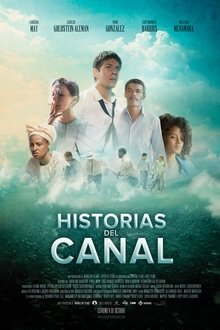
Panama Canal Stories (2014)
Five shorts spanning a century on lives impacted by the Panama Canal. Men, women and children who are influenced by the existence of the "Canal", the event that changed the history of not only a country but the world.
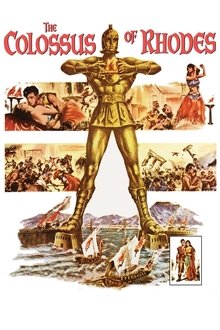
The Colossus of Rhodes (1961)
While on holiday in Rhodes, Athenian war hero Darios becomes involved in two different plots to overthrow the tyrannical king, one from Rhodian patriots and the other from sinister Phoenician agents.

Those, revealed on the walls, in a touch (2025)
A short documentary on a grandson returning home to visit his aging grandmother who was crying to see him on the phone.
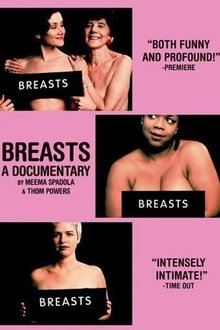
Breasts: A Documentary (1996)
Twenty-two women (ranging in age from 11 to 84), with 41 breasts, talk about their breasts; most are topless as they speak. They talk about adolescence, bras, commercial images of women's figures, having implants or, in one case, a breast reduction, health problems with silicone, doctors' exams ("I think you have a throat infection, let me examine your breasts"), breasts as power tools and as objects of pleasure, cancer, living with mastectomies, and the effects of time and gravity. Two mother-daughter teams and two strippers participate. The women (and the girls) are humorous, straightforward, reflective, and good-natured about their bodies and their selves

Plains: Testimony of an Ethnocide (1971)
A documentary on the massacre of Planas in the Colombian east plains in 1970. An Indigenous community formed a cooperative to defend their rights from settlers and colonists, but the government organized a military operation to protect the latter and foreign companies.
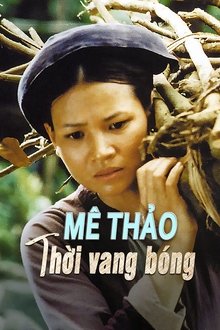
Me Thao: Once Upon a Glorious Time (2002)
In early 20th century Vietnam, a nobleman scorns everything Western after his beautiful fiance dies in an auto wreck and forces the poor villagers to destroy all their "modern" possessions. Loosely based on the novel "Chùa Đàn" by Nguyễn Tuân
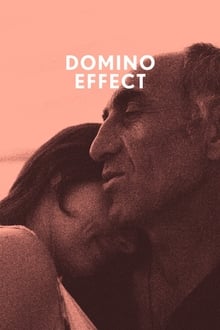
The Domino Effect (2014)
Rafael - the minister of sports of an unrecognized country, and Natasha - a Russian opera singer, try living together in Abkhazia - a war-torn future-less country. Observing their difficult relations, we see life in a place marked by war and nationalism. The film portrays trapped people dreaming of peace, normality and happiness.

How to Cook Your Life (2007)
A Zen priest in San Francisco and cookbook author use Zen Buddhism and cooking to relate to everyday life.

Marie Antoinette (2006)
The retelling of France’s iconic but ill-fated queen, Marie Antoinette - from her betrothal and marriage to Louis XVI at fifteen to her reign as queen at nineteen and ultimately the fall of Versailles.
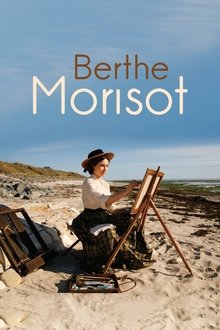
Berthe Morisot (2012)
At 25, Berthe dreams of making a living from her painting, never to marry, and to always stay with her sister Edma. Her parents do not see things from the same angle. Then Berthe meets Edouard Manet, who takes an interest in this young artist apprentice whose face inspires him.

Dixie Chicks: Shut Up and Sing (2006)
Shut Up and Sing is a documentary about the country band from Texas called the Dixie Chicks and how one tiny comment against President Bush dropped their number one hit off the charts and caused fans to hate them, destroy their CD’s, and protest at their concerts. A film about freedom of speech gone out of control and the three girls lives that were forever changed by a small anti-Bush comment
